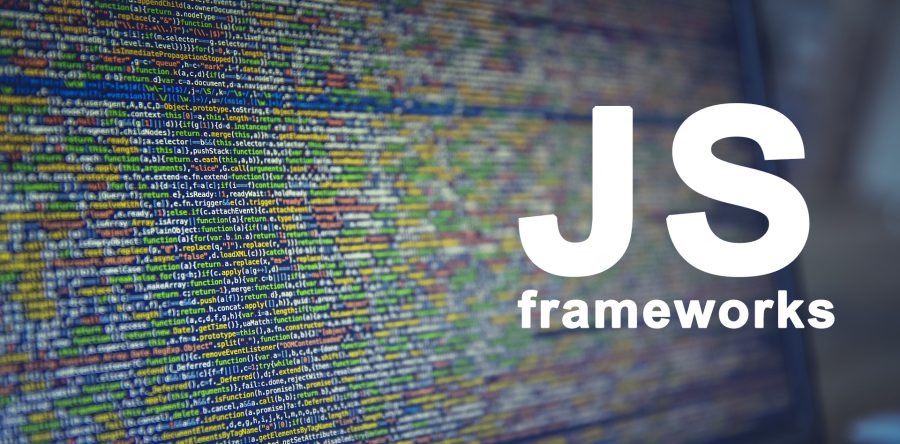A JavaScript framework is a collection of tools, libraries and standards used to facilitate the development of JavaScript applications. It provides a structured way to design and develop complex Web applications, and makes it easier to manage components, process data and enable interactions with users.
Below are some of the best JavaScript frameworks:
Angular
Angular is an open-source framework used to develop Single Page Applications (SPAs). It is well suited for creating complex applications with many interactive elements. Angular provides excellent support for developers with test creation. However, Angular is relatively complex and can be difficult for beginners to understand.
Key features:
- Progressive web apps
- Desktop apps
- Code-generation
- Code-splitting
- Templates
- Angular CLI
- Animation
- Accessibility
React
React is an open-source JavaScript library used to build user interfaces. It is designed to integrate easily with other libraries and frameworks, making it a popular choice for Web development. React uses a virtual DOM, which improves application performance and efficiency. However, it is not always easy to learn.
Key features:
- Declarative
- Virtual DOM
- Event handling
- JSX
- Performance
- React Native
- Component-based
Vue.js
Vue.js is a lightweight JavaScript framework designed to be quick and easy to learn and use. It has excellent documentation and is ideal for building simple to medium-sized Web applications. It provides a reactive, two-way binding that allows developers to manipulate and assign data to HTML attributes.
Key features:
- Virtual DOM
- Data binding
- CSS transitions and animations
- Template
- Easy to use
Ember.js
Ember.js is an open-source framework used to build complex Web applications. It provides many features for building interactive, scalable Web applications, including routes, debugging tools and templates. However, it is one of the more complex frameworks to learn and use.
Key features:
- Ease of use
- HTML and CSS features
- Instance initializers
- Routes
- Debugging
- Templates
Each of these frameworks has its own advantages and disadvantages and is suitable for different types of projects and developers. It is important to choose which framework best suits the needs of the project and the skills of the developers.


